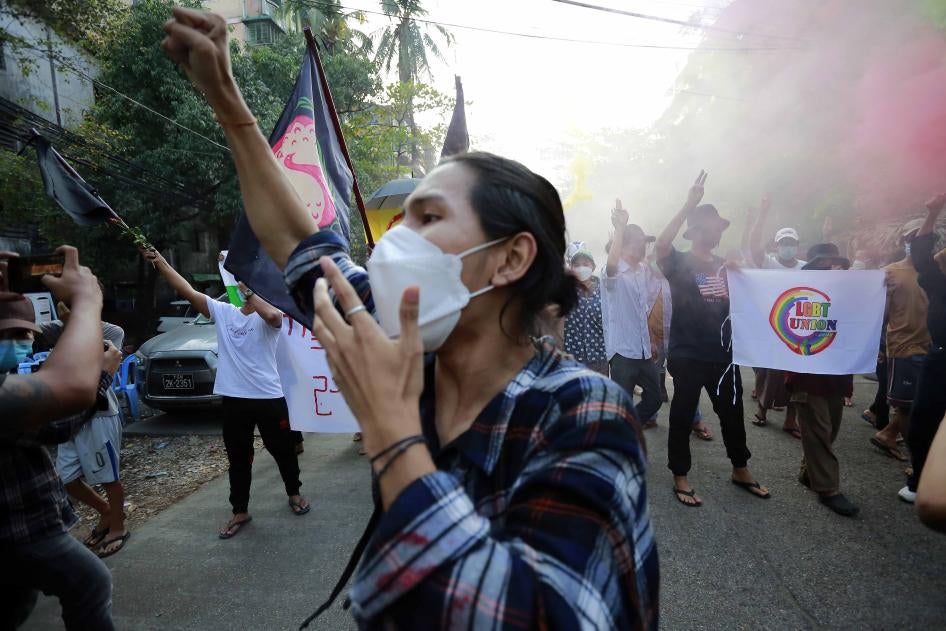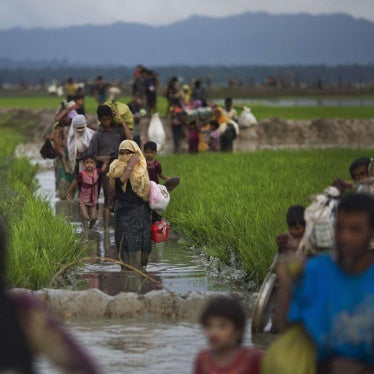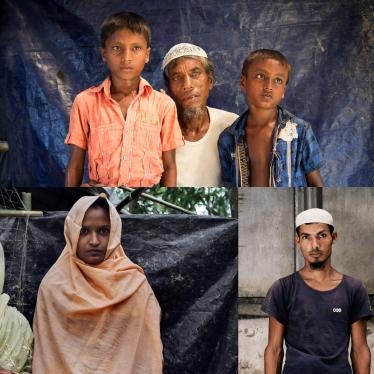Update: On February 1, 2023, Australia announced targeted sanctions on 16 individuals and 2 military conglomerates in Myanmar. This piece was published prior to the government announcement.
It has been two years since the Myanmar military coup on February 1, 2021. Yet Australia still has not sanctioned a single member of Myanmar's military or any of their business interests for widespread human rights violations since the coup.
Australia is now an outlier among like-minded countries including the United States, United Kingdom, European Union, and Canada, which have imposed a total of hundreds of sanctions on individuals and entities in response to the junta's abuses.
Repeated calls for Australia to follow the lead of its traditional allies have not exactly fallen on deaf ears, rather we are told targeted sanctions are still under "active" consideration. While many human rights activists and civil society groups accepted this position while the junta was holding the Australian economist Sean Turnell, this excuse no longer carries any weight following his release in November.
Myanmar's junta has been responsible for war crimes and crimes against humanity, widely documented by human rights groups including Human Rights Watch. The military and police are implicated in mass killings, arbitrary arrests and detention, torture, sexual violence, and attacks on civilians in conflict areas including indiscriminate ground and air attacks. At least 17,000 anti-coup protesters have been arbitrarily arrested and over 2,800 killed, although the real figures are most likely much higher.
The junta has blocked desperately needed humanitarian aid from reaching millions of displaced people and others at risk, in violation of international humanitarian law. Across the country, security forces have imposed new travel restrictions and have attacked aid workers, blocked access to roads and aid convoys, destroyed non-military supplies and shut down telecommunications services. The United Nations Office for the Coordination of Humanitarian Affairs estimates that at least 17.6 million people are in dire need of humanitarian assistance. Fighting since the coup has displaced more than one million people internally, while another 70,000 refugees have fled into neighbouring countries.
In Myanmar's Rakhine State, new restrictions on movement and aid affecting ethnic Rohingya camps and villages have made food and water shortages worse, increasing cases of preventable diseases and severe malnutrition. Escalating hostilities between the Arakan Army armed group and the Myanmar military have resulted in Rohingya and Rakhine civilian deaths, arbitrary arrests, and displacement.
Myanmar is gripped by fear and violence. The military's execution of four political prisoners in July 2022 after egregiously unfair trials was Myanmar's first use of the death penalty in over three decades. The civilian leader Aung San Suu Kyi is serving a 33-year sentence after sham military trials for corruption, incitement, breaching the Official Secrets Act, and other politically motivated charges. Every day, it becomes more dangerous for dissenters to speak out for fear of imprisonment, torture, or death.
On December 21, 2022, the United Nations Security Council adopted a resolution on Myanmar, denouncing the military's rights violations since the coup. The resolution fell short of calls for a global arms embargo, but the fact that it passed reflects the junta's growing isolation. Russia, China, and India notably abstained, signalling that even the junta's few friends have lost interest in defending the intransigent military.
Throughout all this, people in Myanmar have remained defiant in opposing the military's abusive grip on the country. But there remains the elephant in the room: Why have some democratic countries such as Australia, which have expressed sympathy for the plight of Myanmar's people, not taken meaningful action?
In December, Foreign Minister Penny Wong announced new targeted sanctions against Russia and Iran for grave human rights violations. But Myanmar was conspicuously absent from the list.
Australia's reluctance to impose targeted sanctions on Myanmar seems to reflect an unwillingness to upset the regional status quo. No member state of the Association of Southeast Asian Nations (ASEAN) has imposed measures on Myanmar, and Australia does not appear willing to go out on a limb as it seeks to improve relations with its Asian neighbours. But two years after the coup, Australia's risk-averse human rights foreign policy is doing nothing to protect Myanmar people's lives.
Instead, Australia should take the regional lead in imposing concrete measures to curtail the junta's abuses. It should coordinate with ASEAN member states to impose targeted sanctions on senior military officials and their major revenue streams.
Revenue from Myanmar's business interests pays for the military's crimes. Imposing sanctions on key individuals and entities can stop the flow of foreign funding, curbing the military's ability to buy weapons and sustain its operations. Ending the junta's widespread abuses needs a global commitment, including from Australia, to stand in solidarity with the people of Myanmar.









